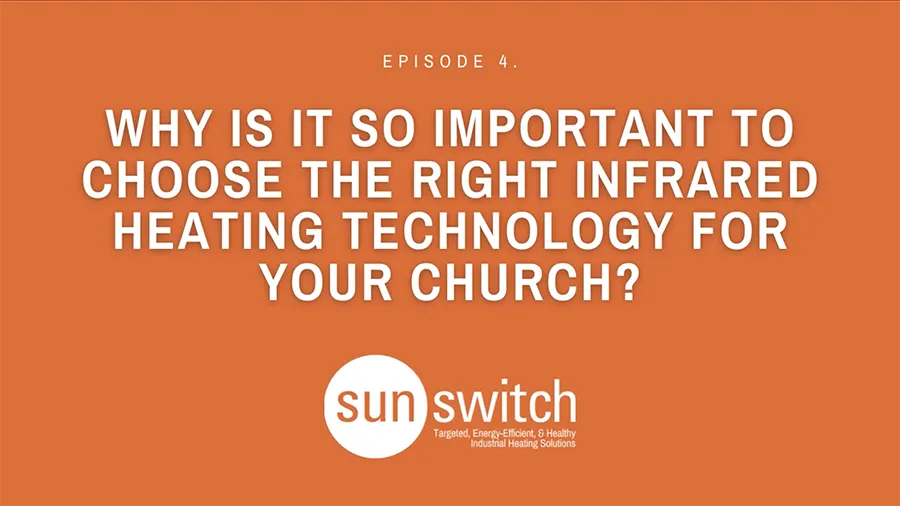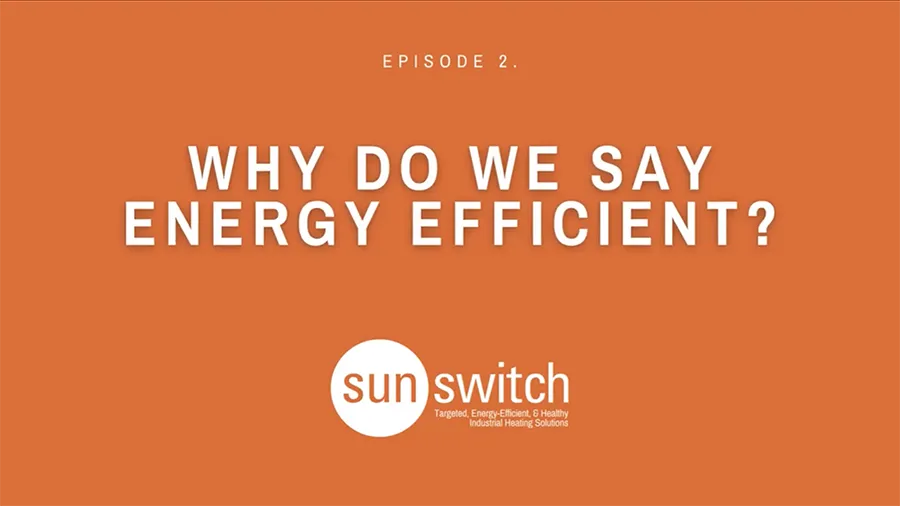We are pleased to offer expert guidance on the specification and application of our church heating products. This service is completely free of charge and without obligation to church customers. Our aim is always for a successful project outcome so if we don't consider our heating to be suitable we will say so and explain why.
Church heating is usually a compromise between:
- what is affordable through fundraising, donations and grants
- what is possible in terms of the available mains capacity
- what is allowable by the church and planning authorities

In particular, affordability tends to focus on ‘first cost’—the cost of buying and installing the heating system. Unfortunately, there is usually less emphasis placed on the on-going energy and maintenance costs (cost of operation) associated with the heating solution. In the long term, the cost of operation usually exceeds the first cost considerably.
As a starting point, we require is a sketch plan of the church (metric dimensions please) together with a few digital photographs showing the main interior elevations of the key areas to be heated (e.g. Nave, Chancel, Apses, Tower, etc.). These should be emailed to sales@sunswitch.net or posted to SunSwitch Limited, Saxon House, 23 Springfield Lyons Approach, Chelmsford, Essex CM2 5LB.
We will also need to clarify what your objectives are, and how the church is currently heated and used. We will need to know where the existing heaters are, what type they are, and what their nominal output is. In the case of electrical appliances, you can usually find the output on a label usually on the back or underside of the product.
Your church may be Grade I or II listed with English Heritage. Please let us know since the reasons for the listing often influence what is permitted in terms of fixed appliances and wiring.
It is advisable for you to check on the capacity of the incoming electrical mains before proceeding too far, and to establish whether the incoming mains and any existing wiring will need upgrading. You may need to seek advice on this from a local electrical contractor.
Once we have the information required, we will usually revert to you within a few days with detailed plans showing the recommended locations and types of heaters, together with recommendations for control. Our recommendations will take into account aesthetic requirements and visual acceptability. Where possible we will include projections for typical hourly running costs. The information provided should enable you to furnish the church authorities with what they need to approve the proposal, and to brief your electrical contractor (see below). If a faculty is required, the process could take several months.
SunSwitch heating is very straightforward to install, but we do not undertake the electrical installation work. This will need to be performed by a suitably qualified electrical contractor appointed by you. We would suggest the contractor is local to the church so he can exercise a proper duty of care for any on-going work. If you do not already have an electrical contractor, a good place to start is the website of the Electrical Contractors’ Association; www.eca.org.uk. Alternatively we may be able to put you in touch with a contractor in your area.
If required, we can provide you with guidelines for procuring electrical work in churches to assist with this process.
Finally, in addition to checking out the status of the incoming mains supply, we recommend that you take the opportunity to review your electricity supply contract. Where a church is to be heated using electricity, it is often possible to negotiate a more competitive tariff. Even before the new heating is installed, this could lower your running costs appreciably.
Planning Control and the Church of England
Under the provisions of the Care of Churches and Ecclesiastical Jurisdiction Measure 1991, all works, alterations and additions to parish churches, their churchyards and contents require faculty approval. This legal requirement applies to consecrated buildings and land and other churches licensed for public worship since 1 March 1993.
A faculty is a permissive right to undertake works to a church building or its contents. It is the duty of the minister and churchwardens to obtain a faculty before carrying out any works or alterations. In the case of heating, the replacement of existing appliances may be deemed exempt.




